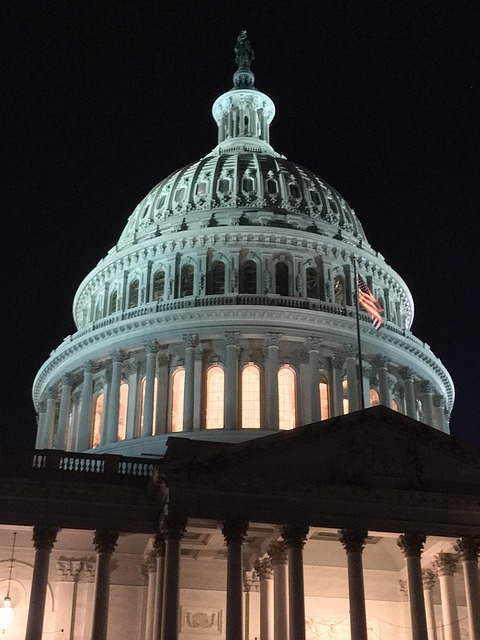In Washington, D.C., both federal and local laws protect individuals from abusive debt collection practices. Document interactions and consult a local attorney to understand your rights under the Fair Debt Collection Practices Act (FDCPA) and D.C.'s Do Not call law firms DC provision. Communicate assertively with creditors directly, avoiding law firm involvement unless necessary. Keep detailed records of financial documents and instances of harassment for stronger defense against collectors.
Navigating debt collection can be daunting, especially in Washington, D.C., where understanding your rights is crucial. This guide equips individuals with knowledge on how to handle debt collectors effectively. We explore key aspects such as knowing your legal rights in the District, mastering communication strategies, and recognizing when to seek legal assistance. Through proper documentation and evidence gathering, you can build a strong defense against aggressive collection tactics. Remember, understanding your options is half the battle won—let’s conquer it together.
Understanding Your Rights in DC: A Legal Perspective

In Washington, D.C., individuals dealing with debt collectors have specific legal rights protected by both federal and local laws. The Fair Debt Collection Practices Act (FDCPA) is a federal law designed to prevent abusive or unfair practices by debt collectors, ensuring consumers are treated fairly during collection efforts. This legislation restricts when and how debt collectors can contact you, where they can do so (they cannot call your workplace if you’ve requested it), and what communication methods they must employ (no threatening language, for instance).
Additionally, the D.C. Consumer Protection Act offers further safeguards, prohibiting debt collectors from engaging in deceptive or misleading practices. If you feel a collector has violated these laws—including unwanted calls from law firms (a common issue in DC), harassment, or incorrect information—you have options. Document interactions, save any relevant communications, and consider consulting with a local attorney specializing in consumer rights to understand your best course of action under the unique legal framework of Washington, D.C.
Effective Communication Strategies with Collectors

When interacting with debt collectors in Washington, D.C., clear and assertive communication is key. Start by requesting validation—a collector must provide proof that they have the right to collect the debt from you before discussing payment options or any other details. This step protects your rights as a consumer under the Fair Debt Collection Practices Act (FDCPA). Use polite yet firm language; for instance, say, “I request verification of this debt” instead of getting defensive.
Avoid engaging in arguments or threats, which can escalate the situation. Instead, stay calm and focused on obtaining accurate information. If a collector from a law firm contacts you—a common strategy to intimidate—remember that direct communication with the original creditor is usually more effective. In DC, do not call law firms directly for debt-related matters; instead, work through the creditor’s designated collection agency or your own financial institution to resolve the issue.
When and How to Involve Legal Representation

If you find yourself overwhelmed by debt and being harassed by collectors, knowing when to involve legal representation can be crucial. In Washington D.C., consumers have rights, and aggressive or false collection tactics are not permissible. Before engaging a lawyer, assess the situation: is the debt valid, and has the collector followed proper procedures according to state laws?
While it’s tempting to Do Not call law firms DC in response to harassing calls, direct communication with your creditors and collectors isn’t always the answer. Legal counsel can help negotiate with collectors on your behalf, educate you on your rights, and take formal action if necessary. They can send cease-and-desist letters, demand fair collection practices, or even file lawsuits against abusive collectors. Remember, seeking professional assistance early can prevent debts from escalating and protect your financial well-being in the long run.
Building a Defense: Documentation and Proof

When building a defense against debt collectors in DC, proper documentation and proof are paramount. Gather all relevant financial records, contracts, and any communication with the collector or original creditor. Make copies of everything and keep them organized in a secure location. This includes payment records, statements, and even text messages or emails related to the debt. Having concrete evidence can significantly strengthen your position.
Additionally, be sure to document any harassment or unfair practices by the debt collector. In DC, collectors must adhere to specific laws and regulations, so knowing your rights and being able to prove any violations can be crucial in navigating the situation effectively without involving law firms in DC.






